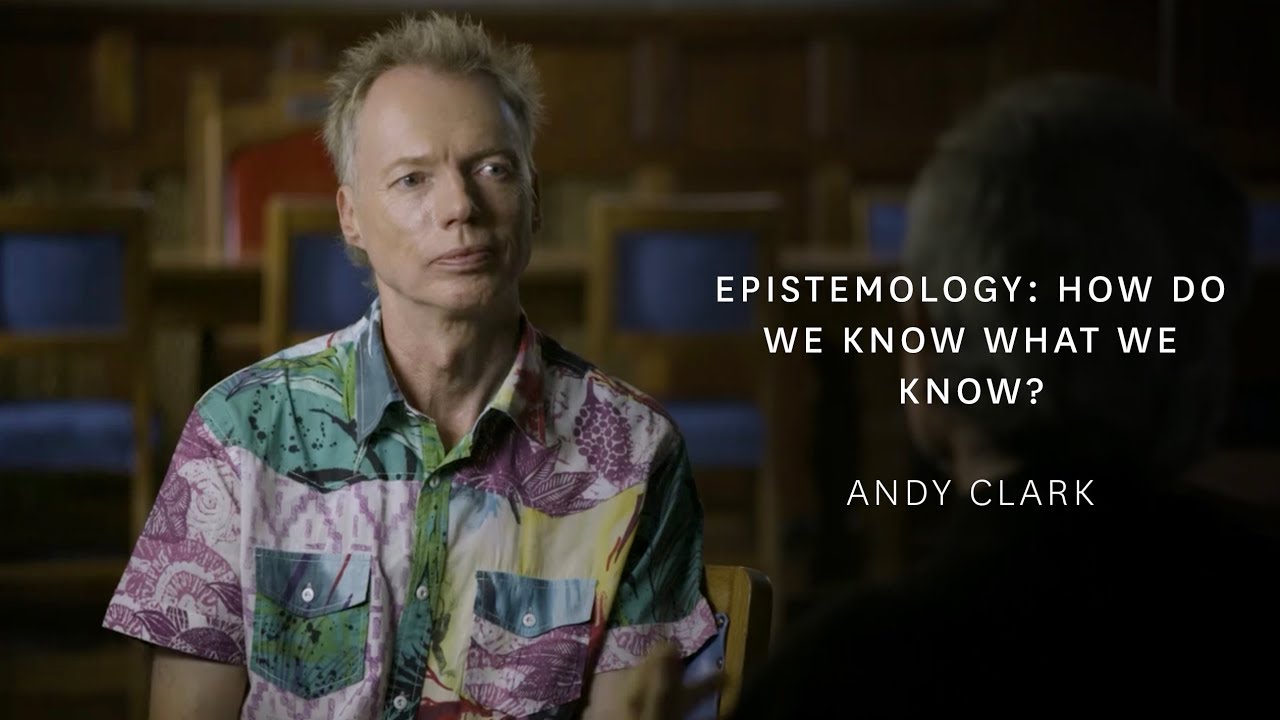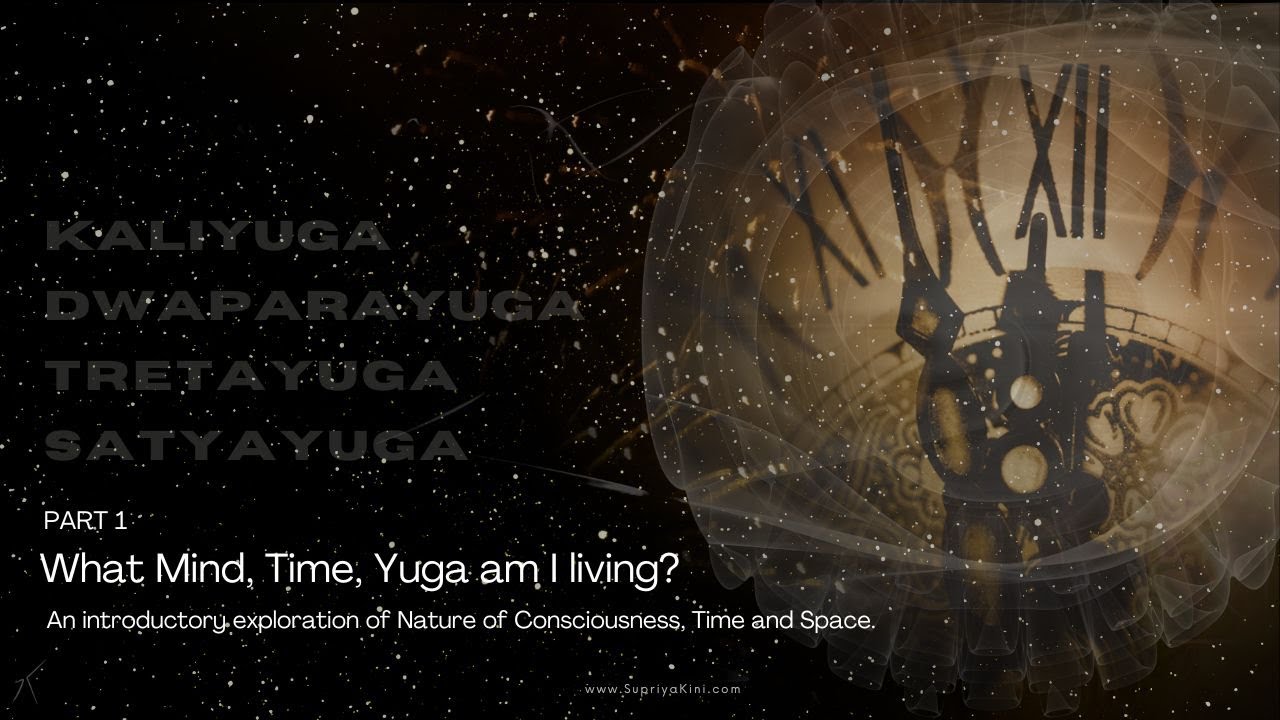UCl9StMQ79LtEvlrskzjoYbQ
What do we know and how do we know it? What is knowledge? What is belief? How is belief justified? What justifies us in believing what we believe? Is justified belief knowledge? These questions constitute “epistemology” – the theory of knowledge.
Click here to watch more interviews with Andy Clark http://bit.ly/2zJW13N
Click here to watch more interviews on epistemology http://bit.ly/2zJQ9HI
Click here to buy episodes or complete seasons of Closer To Truth http://bit.ly/1LUPlQS



Application in context.
A little girl doesn’t need to believe in the sun or a tree—she knows they’re real. That precious thing has been conditioned by society to believe in unicorns and angels, even though she’s never seen or talked to a unicorn or an angel. So one thing is religious or mythological belief and another is scientific belief. The time will come for every child to know with certainty there is no Santa Claus. ? ?
A scientific mind is childlike, objective, unbiased, unprejudiced; it goes by facts, logic, and evidence, not by common sense because common sense kills. We need to have a scientific mind. ? ☮ ? ?
Philosophy is fractal.
https://drive.google.com/file/d/1AogDDrGHyqsP-Jv8czgXq5OfP4WfO7yc/view?usp=sharing
You can't explain qualia and knowing is experience in qualia. That's why we do not have true AI.
David Gordon should be interviewed for this series on epistemology.